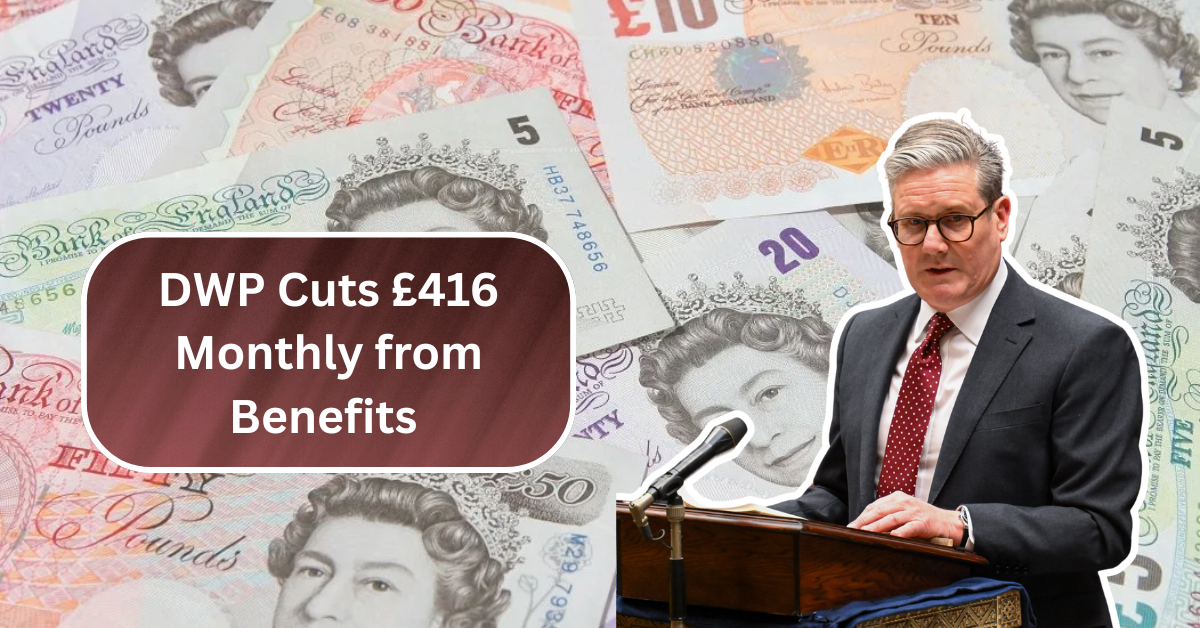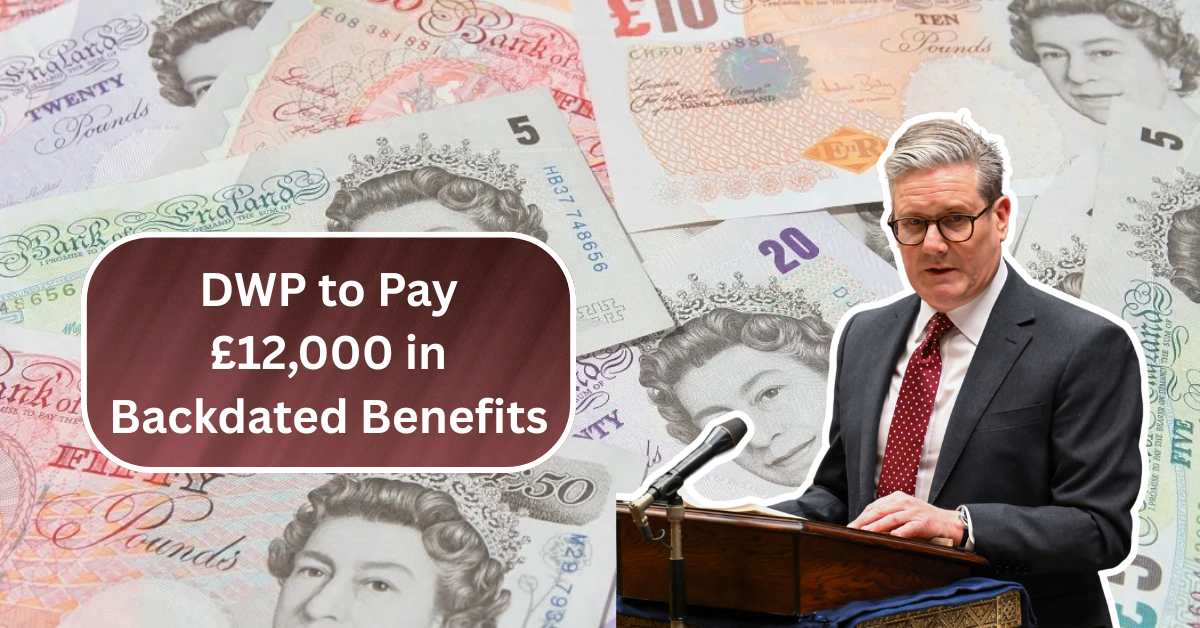Retirement in the UK is about to change again. If you’ve been planning to retire at 66, the Department for Work and Pensions (DWP) has news that could change your future. Starting in 2026, the retirement age will rise, affecting millions across the country.
What’s Changing?
This Article Includes
The DWP has confirmed that the official retirement age will go up from 66 to 67. This change will not happen overnight but will be gradually introduced over a couple of years, starting in 2026 and completing by 2028.
So, if you were born after April 1960, your retirement age will now likely be 67. This means you’ll have to wait an extra year to claim your state pension.
Why Is the Retirement Age Going Up?
There are two main reasons: people are living longer and the UK’s ageing population is growing fast. The government says that in order to keep the pension system stable and fair for future generations, they need to raise the age at which people start receiving their pensions.
It’s not a sudden decision. The state pension age was already raised from 65 to 66 in 2020. The next jump to 67 has been part of a long-term plan that was first discussed more than a decade ago.
According to government figures, people today spend over 20 years in retirement on average, compared to just 13 years in the 1970s. The extra years of life are good news, but they also increase the pressure on public pension funds.
Who Will Be Affected?
Anyone born between 6 April 1960 and 5 April 1977 will be directly impacted by this change. Instead of retiring at 66, they will need to wait until they are 67 to start receiving their full state pension.
That means if you’re 48 to 65 years old right now, this change is something you should seriously plan for.
The exact dates and eligibility will depend on your birth date, and you can check your retirement age using the UK government’s online calculator.
How Will This Impact People?
For some, especially those with physically demanding jobs or health issues, working an extra year could be a challenge. Many people were looking forward to retiring at 66, and now they’ll need to wait longer — or rely on personal savings or private pensions if they want to stop working earlier.
Those who haven’t yet started serious pension planning may need to rethink their savings strategy. This one-year delay can make a big difference in your long-term financial planning.
On the other hand, working longer could mean more contributions to your pension and higher monthly payouts when you finally do retire. So, there is a possible financial benefit, but it depends on your situation.
What About Future Retirement Age Increases?
The DWP has also hinted that the retirement age could go up again in the future. Some early reports suggested it might increase to 68 by 2039, or even earlier. However, recent reviews have decided to delay that change until further studies are done after the next general election.
So, while the move to 67 is confirmed for now, the possibility of a rise to 68 is still on the table. This means that younger workers—those in their 30s or early 40s—may need to prepare for an even later retirement.
What Can You Do Now?
Here are a few steps you can take to stay prepared:
- Check Your State Pension Age: Use the official government pension age calculator to see your expected retirement date.
- Review Your Pension Contributions: Make sure you’re paying enough into your private or workplace pension.
- Plan Ahead Financially: If you want to retire before the state pension kicks in, you’ll need to have savings or another income source.
- Talk to a Financial Advisor: If you’re unsure about your pension strategy, getting professional advice could help you make better decisions.
Final Thoughts
Retiring at 66 is no longer guaranteed. The DWP’s new rule for 2026 makes it clear that the UK government is adjusting to an ageing population and longer life spans.
While this might feel like a setback for some, it also offers a chance to rethink and plan better. With the right strategy, you can still enjoy a comfortable retirement — even if it starts a little later than expected.
Stay informed, check your pension status, and plan early. The earlier you adapt, the better prepared you’ll be for the future.






